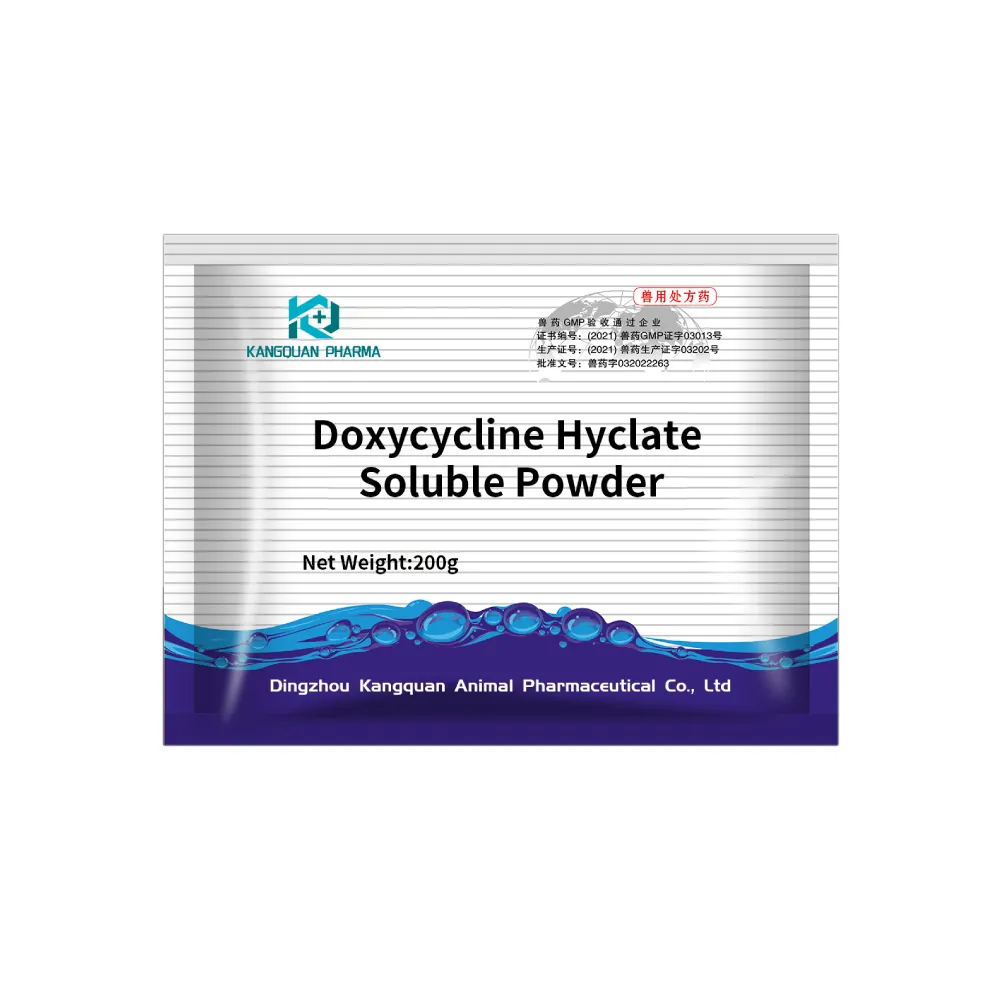- Afrikaans
- Albanian
- Amharic
- Arabic
- Armenian
- Azerbaijani
- Basque
- Belarusian
- Bengali
- Bosnian
- Bulgarian
- Catalan
- Cebuano
- Corsican
- Croatian
- Czech
- Danish
- Dutch
- English
- Esperanto
- Estonian
- Finnish
- French
- Frisian
- Galician
- Georgian
- German
- Greek
- Gujarati
- Haitian Creole
- hausa
- hawaiian
- Hebrew
- Hindi
- Miao
- Hungarian
- Icelandic
- igbo
- Indonesian
- irish
- Italian
- Japanese
- Javanese
- Kannada
- kazakh
- Khmer
- Rwandese
- Korean
- Kurdish
- Kyrgyz
- Lao
- Latin
- Latvian
- Lithuanian
- Luxembourgish
- Macedonian
- Malgashi
- Malay
- Malayalam
- Maltese
- Maori
- Marathi
- Mongolian
- Myanmar
- Nepali
- Norwegian
- Norwegian
- Occitan
- Pashto
- Persian
- Polish
- Portuguese
- Punjabi
- Romanian
- Russian
- Samoan
- Scottish Gaelic
- Serbian
- Sesotho
- Shona
- Sindhi
- Sinhala
- Slovak
- Slovenian
- Somali
- Spanish
- Sundanese
- Swahili
- Swedish
- Tagalog
- Tajik
- Tamil
- Tatar
- Telugu
- Thai
- Turkish
- Turkmen
- Ukrainian
- Urdu
- Uighur
- Uzbek
- Vietnamese
- Welsh
- Bantu
- Yiddish
- Yoruba
- Zulu
Dec . 11, 2024 11:39 Back to list
Is it safe to use ivermectin injection in pregnant cows?
The Safety of Ivermectin Injection for Pregnant Cows
Ivermectin is a broad-spectrum anti-parasitic medication widely used in veterinary medicine to treat various ecto- and endoparasitic infections in livestock. With its efficacy against a range of parasites, ivermectin has become a staple in cattle management, especially in beef and dairy operations. However, the use of ivermectin in pregnant cows raises significant concerns regarding its safety and potential impact on both the mother and the developing fetus. This article explores the safety of ivermectin injection for pregnant cows, considering current research, regulations, and best practices.
Understanding Ivermectin
Ivermectin works by disrupting the nervous system of parasites, leading to paralysis and death. It is effective against a variety of parasites, including roundworms, lice, mites, and grubs. Due to its effectiveness, ivermectin is often used as a preventive treatment in herds and is sometimes administered during pregnancy to control parasitic infestations that can compromise the health of the cow and her fetus.
Safety Concerns in Pregnant Cows
The use of any pharmaceutical during pregnancy must be approached cautiously. In livestock, certain drugs can cross the placental barrier and potentially affect the development of embryos or fetuses. Specifically for ivermectin, studies have indicated that while the drug is generally well-tolerated, there may be concerns about its safety during gestation.
Research on ivermectin has yielded mixed results. Some studies suggest that ivermectin can be safely administered to pregnant cows, particularly in the later stages of gestation, when the risk of parasitic infections is high. These studies indicate that there are no significant adverse effects on conception rates or calf health when ivermectin is used correctly.
However, other studies raise caution about the possible side effects of ivermectin on pregnant cows and their offspring. There is some evidence indicating that high doses or improper timing of administration could lead to complications such as fetal growth retardation or developmental abnormalities. These concerns highlight the need for careful consideration and adherence to recommended dosages and treatment schedules.
Regulatory Perspectives
is ivermectin injection safe for pregnant cows

Regulatory agencies, including the U.S. Food and Drug Administration (FDA) and similar bodies in other countries, have established guidelines for the use of ivermectin in livestock. It is crucial for veterinarians and farmers to follow these recommendations to ensure the safety of both the animals and the consumers of animal products. In many jurisdictions, ivermectin is classified as safe for use in pregnant cows, but its use should be limited to cases where the benefits outweigh the potential risks.
Best Practices for Use
To mitigate risks, farmers and veterinarians should adhere to the following best practices when considering ivermectin use in pregnant cows
1. Veterinary Consultation Always consult a veterinarian before administering ivermectin to pregnant cows. A thorough assessment of the herd’s health and the specific needs of each animal is essential.
2. Proper Timing Avoid administering ivermectin during the early stages of pregnancy unless absolutely necessary. If treatment is needed in late pregnancy, the veterinarian can advise on the safest timing.
3. Follow Dosage Guidelines Strictly adhere to the dosage guidelines provided for ivermectin. Overdosing can lead to adverse effects.
4. Monitor Health Closely observe the health of pregnant cows after administration. Any signs of distress or abnormal behavior should prompt immediate veterinary consultation.
Conclusion
While ivermectin injection can be used safely in pregnant cows under specific circumstances, caution is paramount. The decision to administer this medication should be based on careful veterinary guidance, consideration of the health risks posed by parasites, and adherence to established safety protocols. By following best practices, farmers can help ensure the health and well-being of both the cow and her developing calf.
-
Guide to Oxytetracycline Injection
NewsMar.27,2025
-
Guide to Colistin Sulphate
NewsMar.27,2025
-
Gentamicin Sulfate: Uses, Price, And Key Information
NewsMar.27,2025
-
Enrofloxacin Injection: Uses, Price, And Supplier Information
NewsMar.27,2025
-
Dexamethasone Sodium Phosphate Injection: Uses, Price, And Key Information
NewsMar.27,2025
-
Albendazole Tablet: Uses, Dosage, Cost, And Key Information
NewsMar.27,2025













